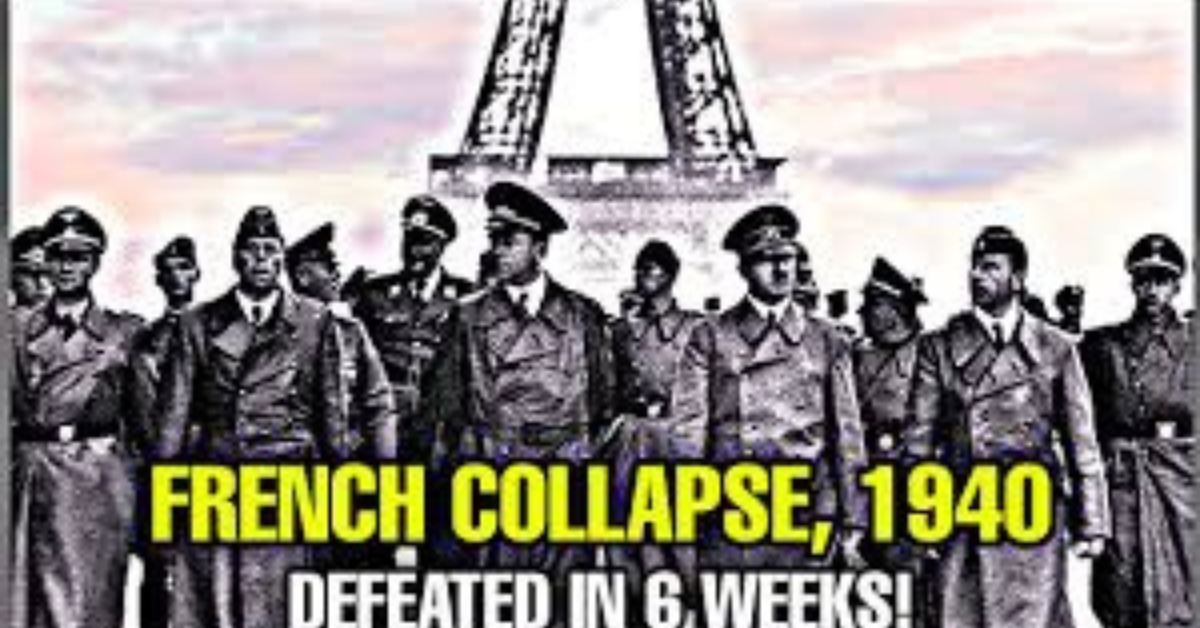The rapid defeat of France during World War II in 1940 remains one of the most striking events in military history. The fall of France, which occurred in just six weeks from May 10 to June 25, 1940, left the world stunned and had profound implications for the course of the war. Understanding the reasons behind this swift collapse requires an examination of multiple factors, including military strategy, political dynamics, and social conditions.
Military Strategy and Planning
The Maginot Line Fallacy
One of the most significant factors contributing to France’s defeat was its reliance on the Maginot Line, a series of fortifications along the French-German border. The French high command believed that this defensive structure would deter a German invasion. However, the Maginot Line had a critical flaw: it did not extend along the French-Belgian border. This oversight allowed German forces to bypass the fortifications by invading through the Ardennes Forest, a region considered difficult to traverse and therefore underestimated by French planners.
Blitzkrieg Tactics
The Germans employed innovative military strategies known as Blitzkrieg, or “lightning war,” which emphasized speed, coordination, and surprise. This approach combined fast-moving armored divisions (Panzer) with close air support, allowing them to encircle and disrupt enemy forces. The effectiveness of these tactics caught the French and their British allies off guard, as they struggled to respond to the rapid advances of German troops.
Communication and Coordination Failures
The French command structure suffered from a lack of effective communication and coordination. The French army was not prepared to adapt quickly to the fluidity of the German offensive. This was compounded by the fact that the French military was still influenced by the trench warfare of World War I, leading to outdated tactics and an inability to respond effectively to modern warfare’s demands.
Political and Social Context
Political Fragmentation
France was politically fragmented in the years leading up to World War II. The country experienced political instability, characterized by frequent changes in government and a lack of consensus on how to deal with the growing threat of Nazi Germany. The deep divisions among political factions, ranging from pacifists to militarists, undermined the formation of a cohesive defense strategy.
Public Sentiment and War Fatigue
The trauma of World War I left a significant mark on French society. Many citizens were deeply scarred by the horrors of the Great War, leading to a pervasive sense of war fatigue. There was a strong desire to avoid another large-scale conflict, which contributed to a lack of urgency in military preparations. This sentiment was further exacerbated by the belief that France would not face a serious threat from Germany, leading to complacency in the face of rising tensions.
The Fall of Allies
The fall of France was also influenced by the situation of its allies. The British Expeditionary Force (BEF), although present, was not sufficiently prepared to support French defenses effectively. The evacuation at Dunkirk (Operation Dynamo) saw the British forces retreating rather than launching a counteroffensive, leaving France to fend for itself against the overwhelming German assault.

